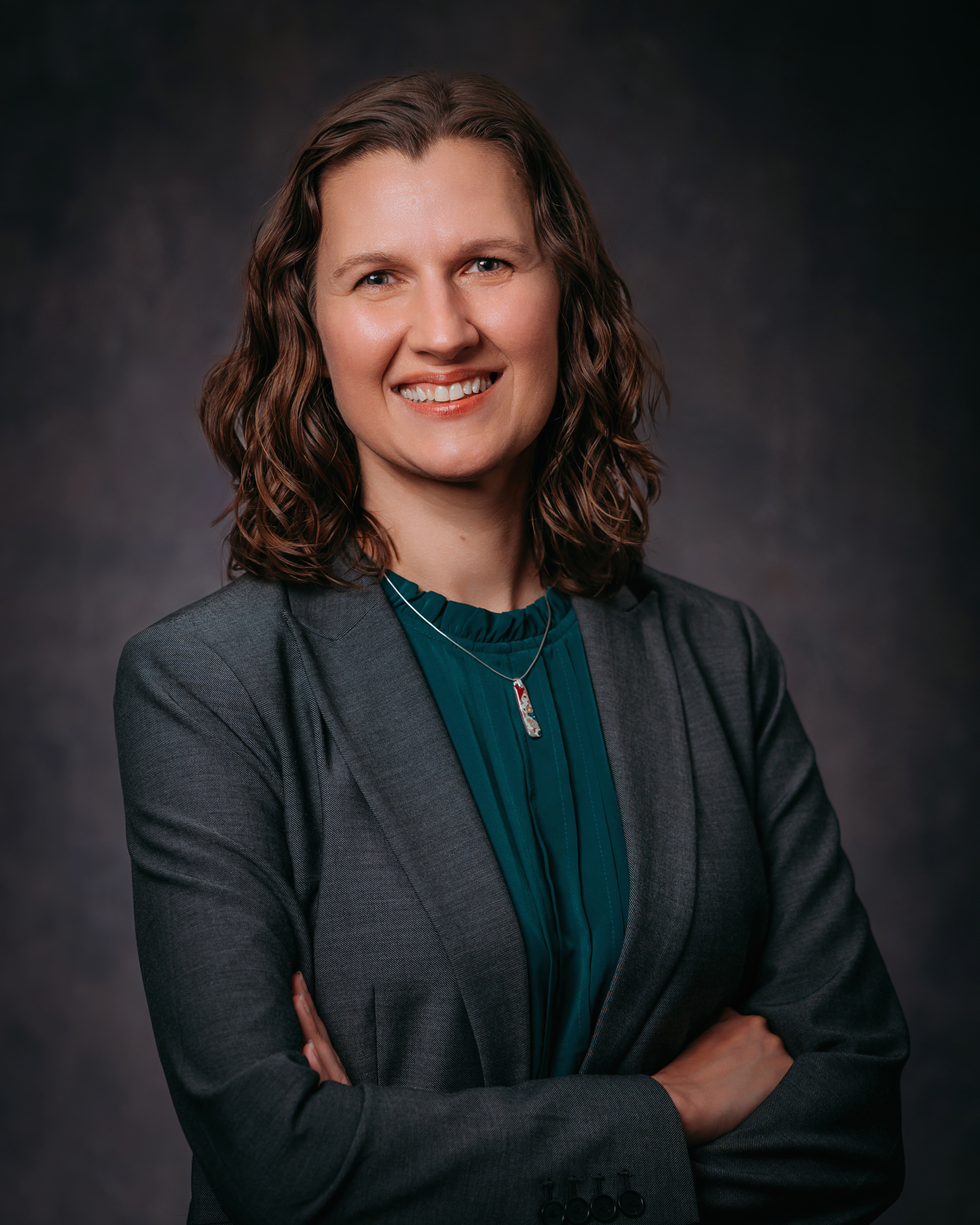
I am a high achiever. For those of you who know me, that is not a surprise to hear. As a kid I got good grades, I was a competitive gymnast, I won national math and creative thinking competitions, etc. When I started my career, this high achiever mentality continued. I won awards for best new student affairs professional, I was the youngest director at my campus, and my program had the highest increase in fundraising for the year. I thrived on setting high bars for myself and achieving them. I became known as someone who could take on big challenges and find solutions. I loved mentoring staff to support them in achieving their own goals and dreams they did not think were possible. I got used to getting the “A+” or cheering on my colleagues in their own “home runs.”
All of that has changed. I’ve written a lot recently about how difficult these last few years have been and how I am trying to be mindful in our work of the exhaustion and burnout many are feeling. I have been talking to my staff and colleagues about how we can do something Good Enough, or as I have been telling folks, “Let’s aim for a B+.” Given the understaffing we are still facing, the overwhelming student needs we are trying to support, and the high level of change required to move student success forward, we need to embrace the B+ mentality. Not everything we do has to be done to perfection. What does a B+ look like? We need to not let perfect be the enemy of really good. We could devote all our time and energy to making two things “perfect,” truly A+ efforts, but then many other deserving things would get limited time and attention. We serve our students better if we focus on getting 10 things to Good Enough.
For example, we may want to completely reform the way the institution responds to students in academic distress, but we don’t have the time or capacity to fully reform such a central part of academic life. Is there a small part we can do? Can we find a manageable chunk and move that work forward? Maybe we reform the language we use in the letters we send to students, or we explore an academic amnesty policy. Instead of always feeling the need to do massive institutional changes that often don’t get off the ground because they feel overwhelming, we need to think about smaller, meaningful projects that can move us a step in the direction of that large institutional change.